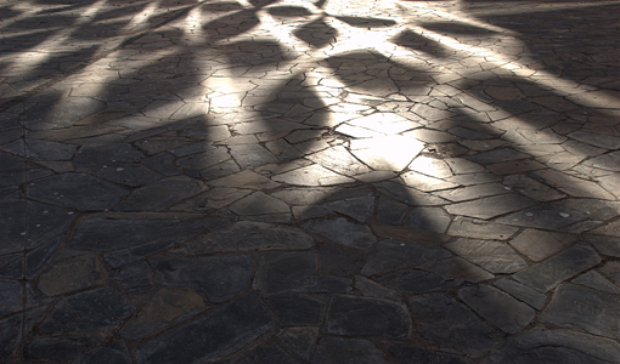In the fall of 1997, I was a senior in college majoring in chemistry and religion. I wasmaking preparations to enter medical school, and was comfortable with relegating my theology studies to the receptacle of personal pastimes. During that final year as an undergraduate, however, certain events occurred that suggested I lay aside my current aspirations and consider other career options. Having spent three years getting ready for what was supposed to happen next, I was distressed at having to rethink my whole career pursuit. However, as time unfolded, I decided on a path that has led me to enroll in the Master’s in Catholic Studies program.
At that time in college when it seemed my options were being diminished, I would soon find my perspective on the world broadening. I had taken the opportunity to spend the first semester of my senior year studying in the Middle East. The semester began as a chance for me to satisfy some of my interests in religious studies, but has become a reference point in the way I have come to understand, and continue to learn, how God is calling me to see the world and to serve others.
One of the things that struck me most in the Middle East, was how pervasive faith and religion are in the cultures I encountered. From the muezzin’s public call to prayer, witnessing ceremonies at the Western Wall in Jerusalem, being amidst a collection of many cultures on the summit of Mt. Sinai, to ordinary speech with its infusion of proverbs reminding people of God’s greatness; the sense of something external that bound particular communities together was something I could not help but notice.
As I observed this phenomenon among the cultures I was visiting, I began to realize the same aspect existing within a culture I called my own. I attended Mass in great cities such as Istanbul, Marrakech and Jerusalem, where English was used little, and sometimes not at all. Yet, being familiar with the Mass, I still was able to participate. People from many nations often would be in attendance. It was then that I began to acknowledge the universality of the Catholic Church in a very deep, new way. I began to understand community more broadly, and would become very interested in Catholics as members of a larger community than what I commonly had perceived.
After college, I decided to follow my interests in religion. I began to study the Church, first independently, and then very intimately by working in a parish community. The integration of my experiences going back to my time in the Middle East has manifested itself as the interest I have in Catholicism as a culture. As a student living 2,000 years after the inception of the Church, I realized that there is a lot on which I have to catch up, and that I would do well to proceed in a university setting.
As I was learning about the new graduate program in Catholic Studies at the University of St. Thomas, I saw it as a unique and timely offering that aims to survey the breadth of Catholicism as a theological tradition and a historical culture, with the opportunity for a level of personal specialization. This interdisciplinary approach seemed to be a good match for my interest to study the culture of Catholicism itself, how it has been influenced by different cultures, and how it has affected a variety of cultural and faith traditions throughout history.







